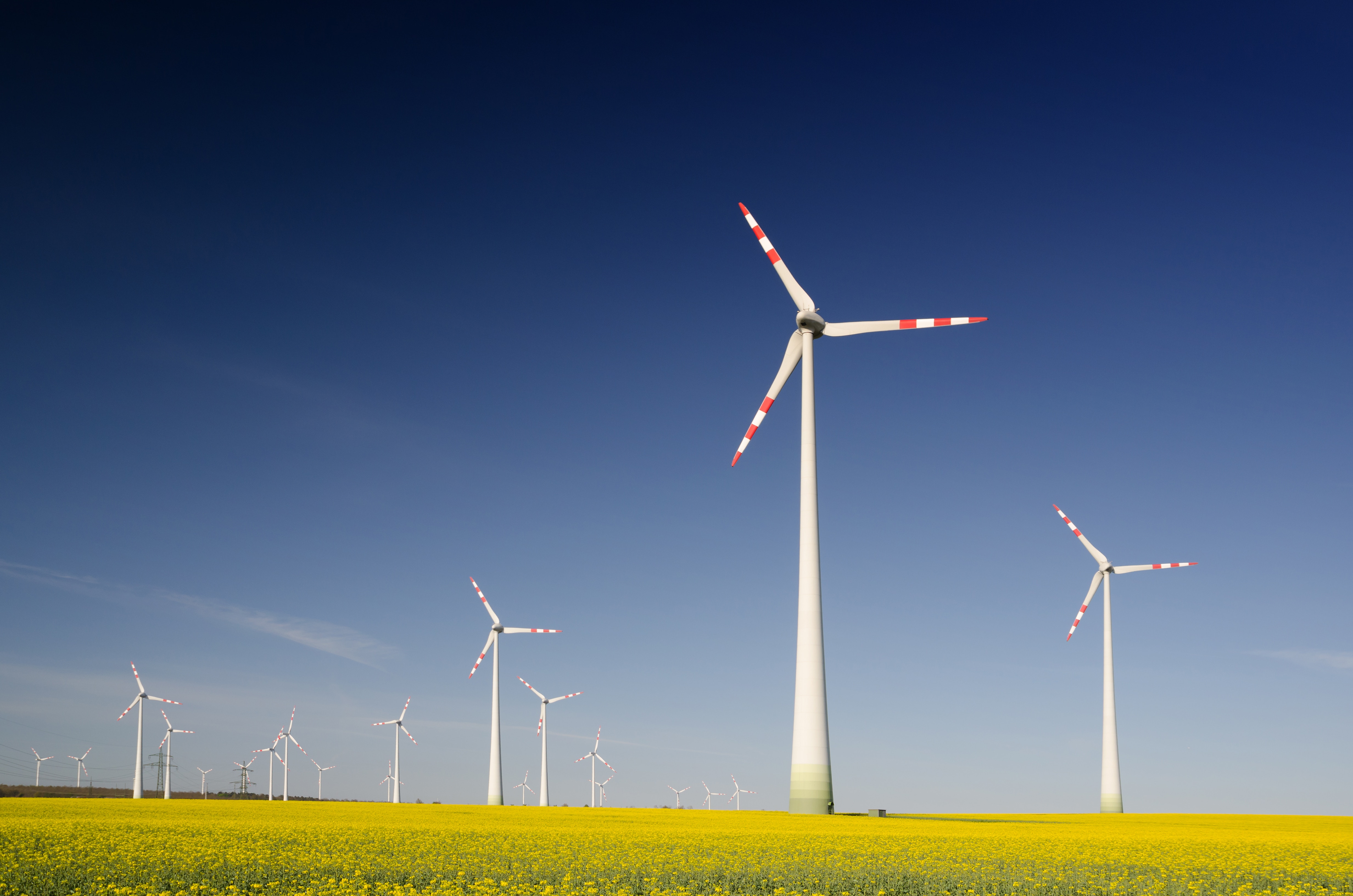
By: Jesse Piedfort, Chapter Director & Doug Howell, Beyond Coal Campaign
This week, we witnessed a historic climate win for Washington State--the State Legislature passed SB 5116! On May 7th, when Governor Inslee signs this bill, Washington State will join Nevada, New Mexico, California, and Hawaii in transitioning to 100% Clean Energy.
Washington State’s 100% Clean legislation will result in the biggest reduction in statewide greenhouse gas emissions we've ever achieved. The new law moves our state off of coal power (which currently supplies about 14% of Washington's electricity) by 2025, and requires each utility to be carbon neutral by 2030 and 100% Clean by 2045. (For an excellent write-up of the policy details, check out this summary by David Roberts in Vox.)
This achievement didn't happen overnight; it is the end result of years of organizing and partnerships in our broader fight to make Washington's energy landscape cleaner and more equitable. This historic win is a signal that Washington is ready to move beyond fossil fuels.
How did we get here?
Washington State has been at the center of the fight against fossil fuels for more than a decade. In 2007, Sierra Club defeated a proposed 600-megawatt coal plant in Kalama, Washington. Then in 2009, we kicked off a successful two-year campaign to reach a shutdown agreement on Washington State’s last operational coal plant: the TransAlta plant in Centralia.
But the coal industry didn’t give up; instead, they developed plans to use our seaports to ship their product off to other countries. This forced us to change tactics: while Sierra Club’s Beyond Coal Campaign worked to shut down coal plants across the country, we also needed to prevent coal companies from shipping coal overseas.
Our strategy was simple: We had to organize! We trained and educated community members and activists in communities across Washington State - from the proposed coal export terminal communities like Whatcom County, Longview, and Grays Harbor, to the cities and towns along the rail lines that would see more coal trains. We won time and time again, and built a groundswell of expert volunteers and activists along the way.
These same activists have held utilities like Puget Sound Energy accountable for supplying 35% of their electricity to Washington ratepayers from out-of-state coal. So, when the opportunity to put an end to coal came to the legislature this year: we were ready. That’s how we helped pass the strongest 100% clean energy bill in the country.
What’s Next for the Climate Movement in Washington
Moving our electric sector to 100% clean energy is a monumental achievement, and a necessary step toward moving Washington beyond fossil fuels. But our vision is greater: we believe we can end the use of fossil fuels in Washington State by 2050. That means our work is just beginning.
A report issued by Governor Inslee in 2017 lays out a roadmap for how to reduce greenhouse gas emissions in Washington. Step One: Clean up the electricity grid; we're well on our way with 100% Clean. The remaining steps are to achieve efficiency gains across all sectors of the economy, and move all fossil fuel users on to the clean electricity grid.
In Washington State, more than half of our greenhouse gas emissions come from the transportation sector. This means, in order to reach our climate goals we must electrify our transportation system, increase access to effective mass transit, and invest in cleaner transportation fuels. It also means that we must create green, resilient neighborhoods with affordable housing choices connected by streets that are safe for people walking and biking.
Emissions from buildings - particularly buildings powered by natural gas - make up another significant portion of our greenhouse gas emissions profile. We must make new and existing buildings more efficient and find creative policy solutions to switch oil and gas customers to clean electricity.
In light of this monumental climate win, we will continue to fight against dirty and dangerous projects that would expand our fossil fuel infrastructure. The Trump Administration and industry are still looking for legal loopholes to use our ports to export fossil fuels like coal and oil.
At the same time, the fracked gas industry and utility allies continue to push for more gas infrastructure in Washington in the form of LNG, plans for new gas plants and bigger pipelines, and petrochemical projects like the proposed Kalama methanol plant.
So, as usual, there’s little time to celebrate and still lots of work to do. But, despite the challenges, we have the key to success: we’ll organize against these threats and build a green, equitable Washington State for all.
But for now, let's celebrate!